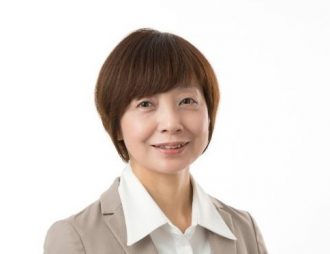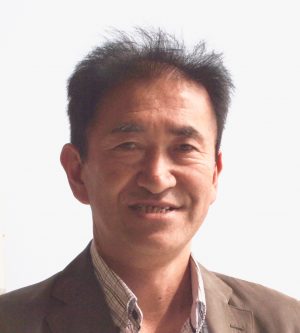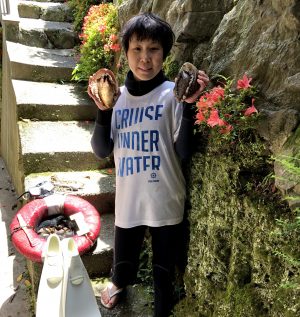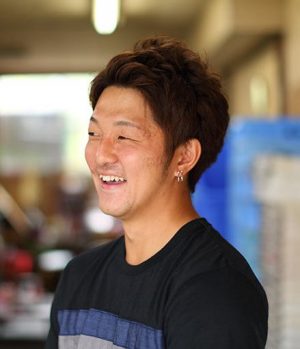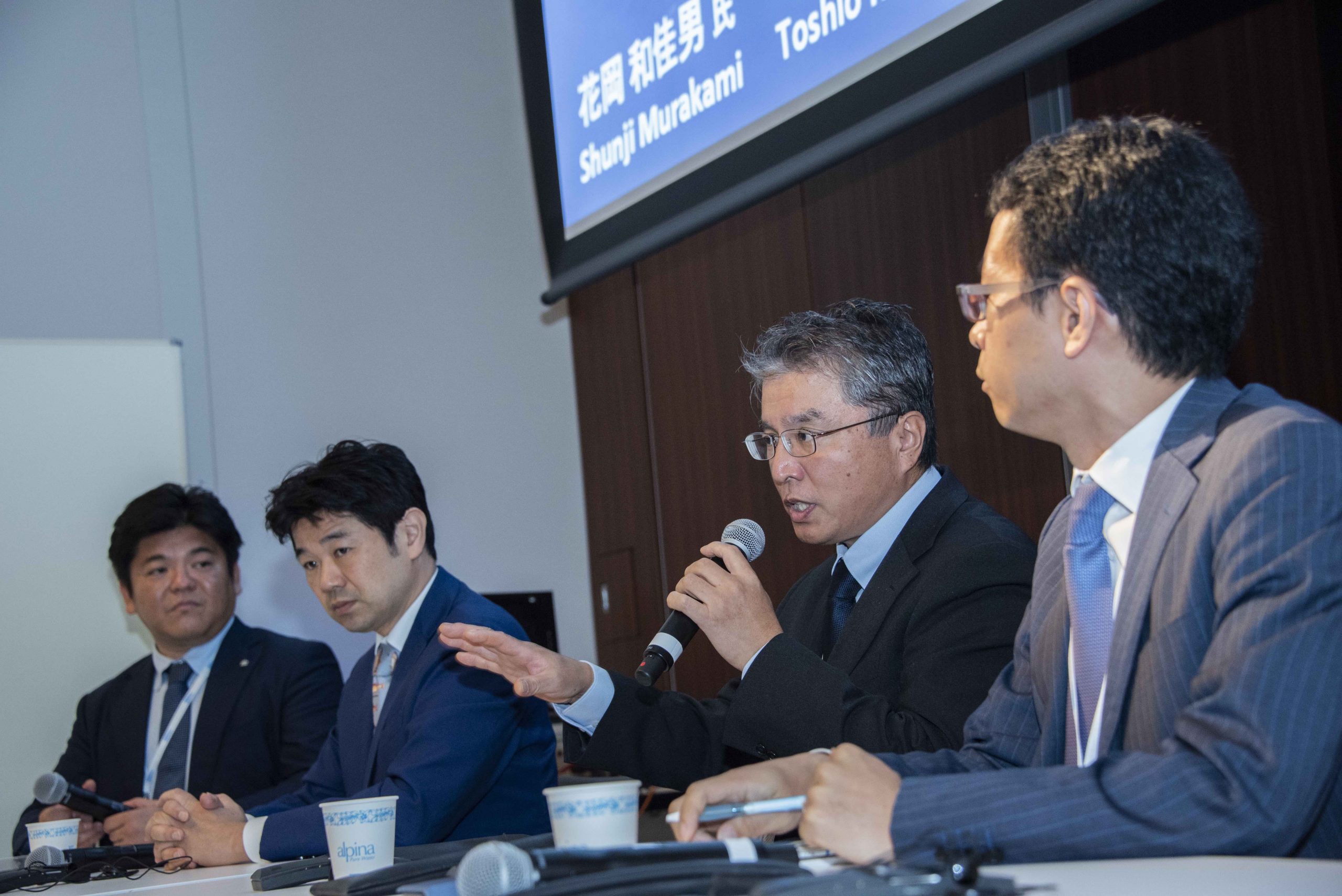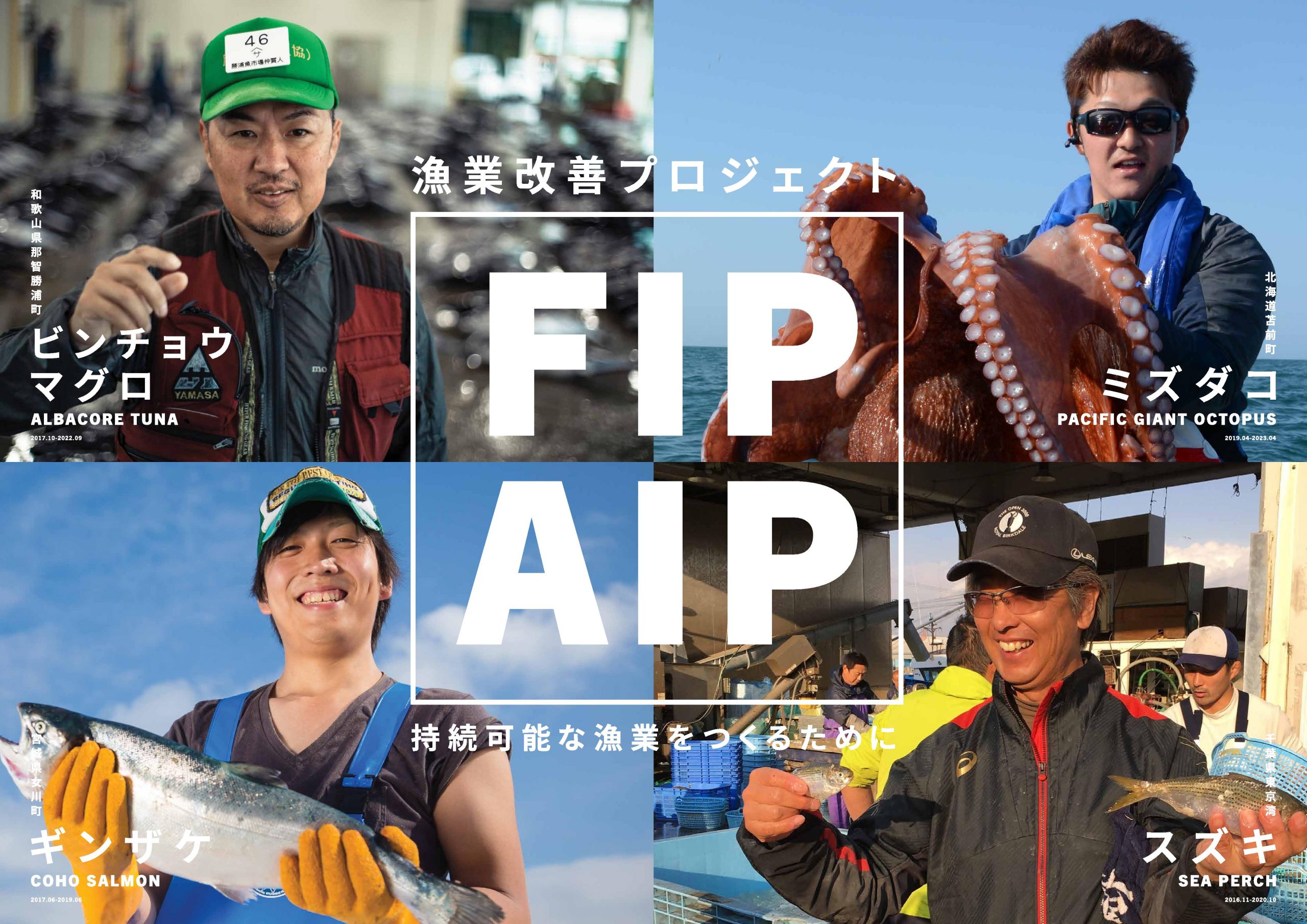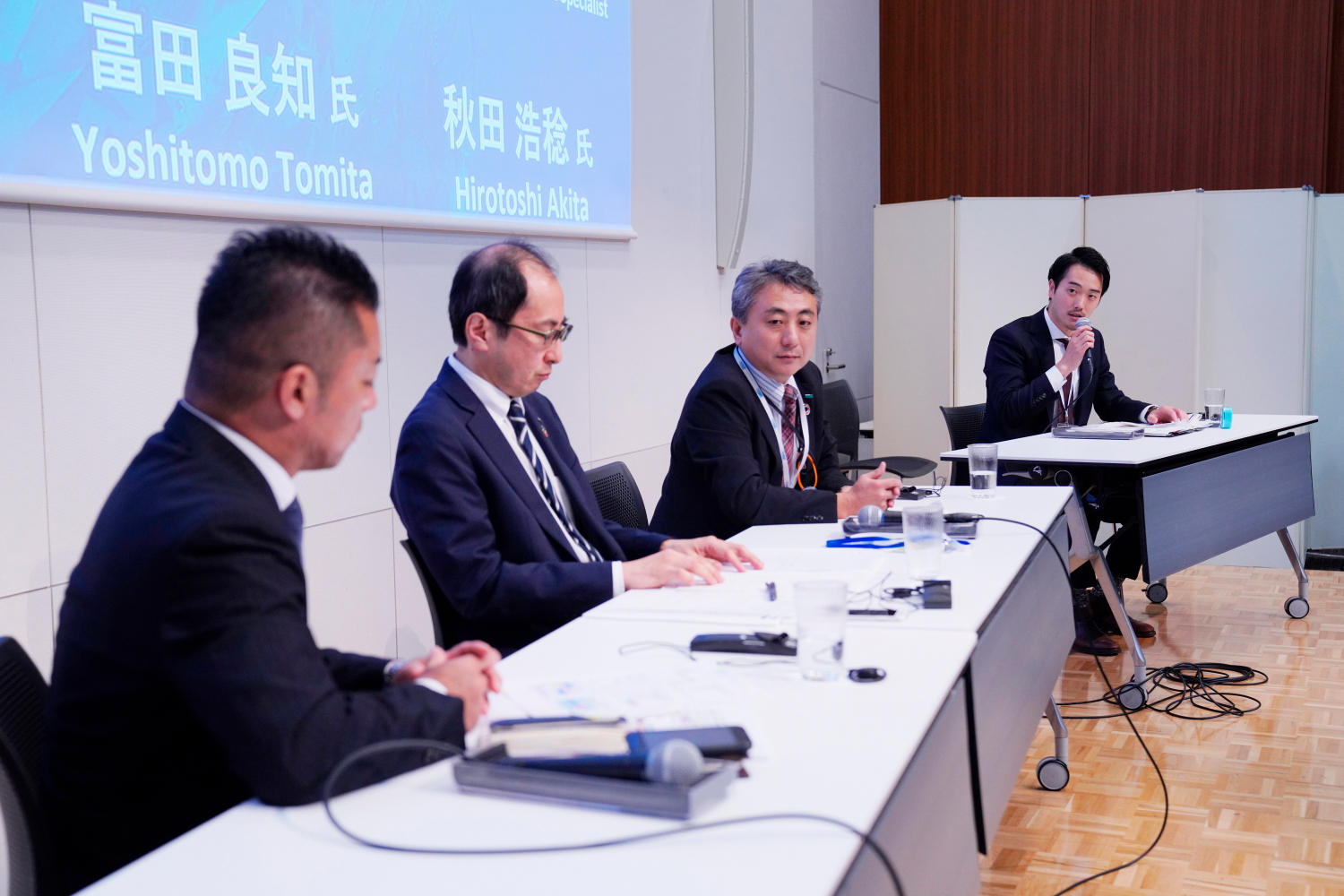Revitalizing Local Fishing Communities with Sustainable Branding
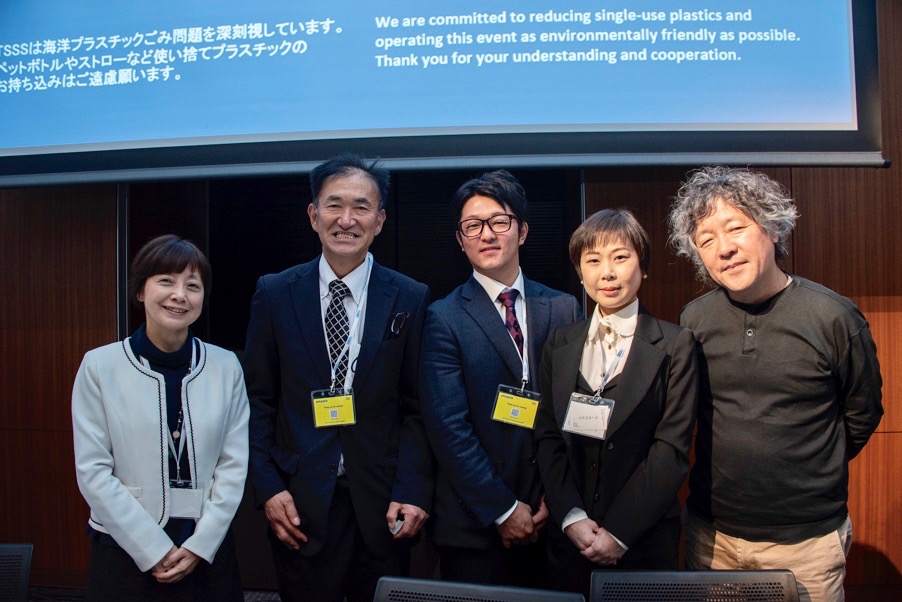
Local fishers from Miyagi, Hokkaido, and Mie prefectures gather to discuss how small fishing communities and the fishing industry could become more sustainable and profitable despite issues such as lack of successors and declining resources.
Changing the Mindset of Fishermen through ASC Certification
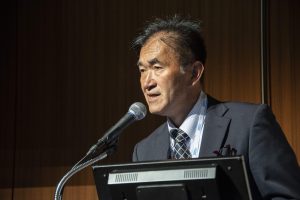
Mr. Goto is an oyster farmer from Minamisanriku (Miyagi) who became the first in Japan to be ASC-certified in 2016 alongside his fellow fishermen from the Tokura area. The high concentration of oyster rafts in Shizugawa Bay had long been an issue, but there were no plans on how to reduce their numbers. The fateful Great East Japan Earthquake swept these rafts away and gave the fishermen an “opportunity to quit mass production.” After the disaster, Mr. Goto aimed for ASC certification and worked on redistributing fishing rights. “I set up opportunities for everyone to come together and discuss the matter, and there were many conflicts. We then agreed that if it doesn’t work, we’ll think of another way. We reduced the number of oyster rafts from 50 to 10, but we are earning more than before. Finally, everyone is convinced. There has been a shift in our mindset from ‘Is it possible to survive by putting the environment first?’ to ‘We only survive because of the environment.’ This has been a significant revolution in the way of life of fishermen not just for tomorrow, but perhaps the next 100 years,” he explains. Not only has this initiative brought enhanced productivity and a two-fold increase in profits, but it has also improved the fishermen’s working environment by allowing them to end work by noon and take a break from work on Sundays while giving the surrounding area a new lease of life. “I’ve been really touched by how our Tokura area has become a known brand. We hope to bring even better products to everyone,” Mr. Goto reflects on the experience. Product prices have also become stable, and there are no longer cases of fishermen being taken advantage of their weak bargaining position. Although renewing the ASC certification every three years is costly, everyone unanimously agreed to renew it in the spring of 2019.
Making towns more sustainable from the perspective of ama divers
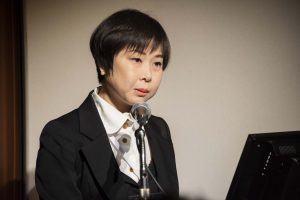
Ms. Kodera is an “ama diver” (female diver) from Sugashima, an island with a population of 200. Although seaweed production has been an active trade on the island since ancient times, the number of production sites has dropped from 15 to 4 due to the aging community. “At this rate, our area’s traditional food culture will be gone,” she laments. As such, branding plans were formulated under Mie prefecture’s “Amamon (Ama’s products)” scheme which certifies produce harvested by the ama divers of Iseshima.
Ms. Kodera points out that, “The shore and seabed have become so degraded that the efforts of ama divers who have pledged to refrain from overfishing among many other things are insufficient by themselves to reverse the damage. The most ancient profession of women in Japan was to safeguard their families and protect the shores. I hope we can invoke the culture of ama divers when living by the sea, which at its heart is a dynamic but sustainable way of life that respects one’s independent yet symbiotic existence amidst nature and society.”
Protecting fishing towns with FIPs and innovation
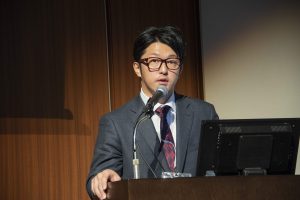
Mr. Ogasawara has been an octopus drift fisherman for the last ten years in Tomamae of north-western Hokkaido. He became involved in a fishery improvement project (FIP) as he wanted to protect his hometown, whose population had plummeted to around 3,000 people. Octopus barrel flowing fishing is a traditional fishing method where barrels and lures are cast to attract octopus by taking advantage of its territorial behavior. However, Mr. Ogasawara admits, “I actually didn’t know anything about the ecological aspects of the giant Pacific octopus. I felt very uneasy that we continue to catch them without knowing the reasons behind a good haul or a bad one.” He then wondered about the possibility of working on a FIP to avoid a negative spiral where the depletion of resources would lead to a greater loss of activity in the town. “Sustainability isn’t something that will happen if we just wait. I wanted to revitalize our town, increase the number of young people here, and make our small town the model for FIP,” Mr. Ogasawara explains.
The moderator Mr. Fujita suggested three key factors for the success of certifications, FIPs, and community-building efforts, namely “good communication,” “embracing practices backed by science,” and “taking into account the environment, society, and economy.” She concluded with the following message, “People with the right qualities and abilities can be found everywhere in Japan, and local communities can take action in an autonomous manner. The central national government should then provide the necessary support to these communities. I hope that consumers will also give their moral support to fishing towns.”
